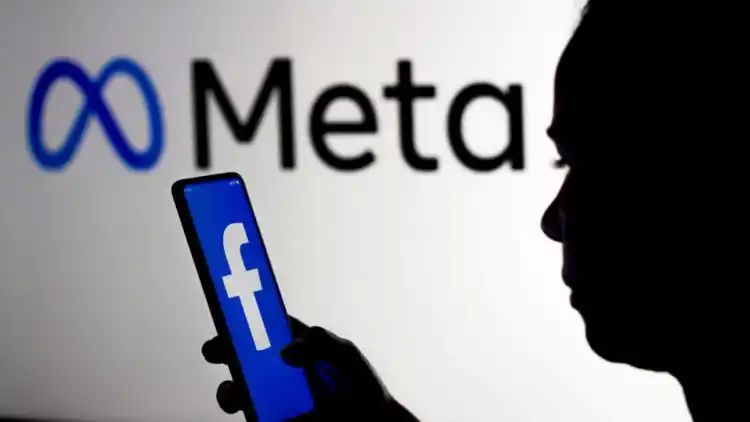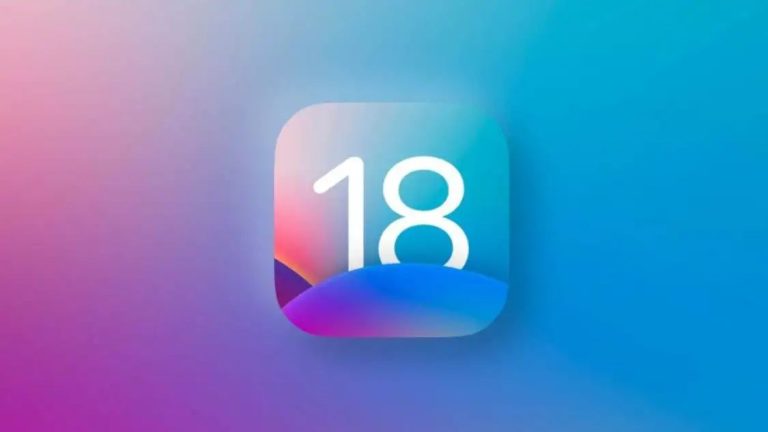Meta to shut down crucial misinformation monitoring tool ahead of major US elections
In a recent announcement, Meta, the parent company of Facebook, revealed its intention to discontinue CrowdTangle, a popular social media monitoring and transparency tool.
This move, slated to take effect on August 14, 2024, has sparked significant debate among journalists, researchers, and civil society organisations, particularly with the upcoming US presidential election looming.
CrowdTangle has played a pivotal role in enabling journalists and researchers to track the dissemination of misinformation and disinformation across social media platforms. Its impending shutdown has raised concerns about the potential impact on efforts to hold tech companies accountable for their role in spreading false information.
Meta asserts that it will replace CrowdTangle with a new Content Library API. However, this replacement will necessitate researchers and nonprofits to apply for access to the company’s data.
Criticism has come up from entities such as the Mozilla Foundation and several other civil society organizations, arguing that the new offering lacks many of CrowdTangle’s essential functionalities. They have urged Meta to maintain the original tool until January 2025.
In response to the backlash, Meta spokesperson Andy Stone defended the decision, stating that the Content Library will provide more comprehensive data than CrowdTangle and will be accessible to nonprofits, academics, and election integrity experts.
Brandon Silverman, the co-founder and former CEO of CrowdTangle, who continued to work on the tool after Facebook’s acquisition in 2016, expressed his belief that it’s imperative for platforms to open up their data to external scrutiny, as per a report by the Wired. He emphasized the need for regulators and elected officials to establish legal requirements regarding platform transparency and data accessibility.
Silverman highlighted the European Union’s Digital Services Act, which mandates transparency requirements around data sharing. He noted a growing trend among various platforms, including Alibaba and TikTok, to offer programs granting outside researchers access to real-time public content.
However, Silverman acknowledged challenges in implementing such measures, citing Twitter’s restrictive data access policies and Meta’s reduction in data sharing initiatives. He emphasized the importance of striking a balance between data accessibility and privacy protection, calling for broader public engagement and debate on the issue.
As Meta prepares to sunset CrowdTangle, concerns persist regarding the potential implications for transparency and accountability in the digital sphere, particularly in the lead-up to significant political events like the US presidential election. The decision underscores broader debates surrounding the responsibilities of tech companies and the need for regulatory intervention to safeguard democratic processes in the digital age.






